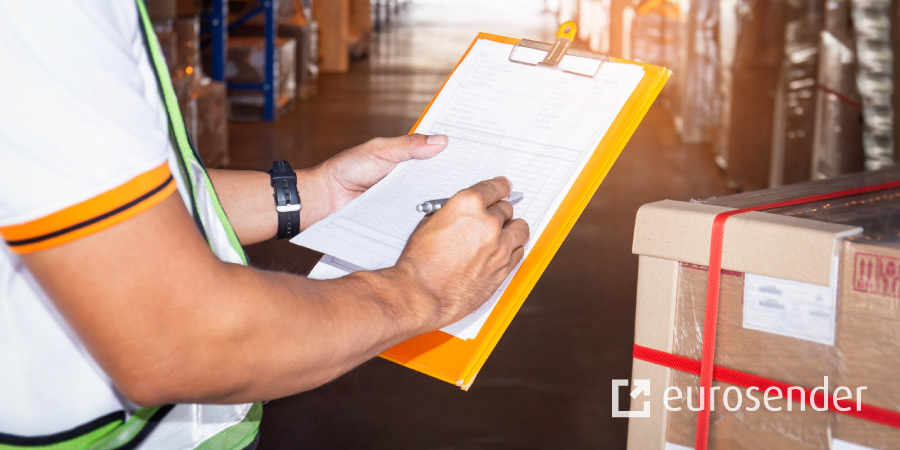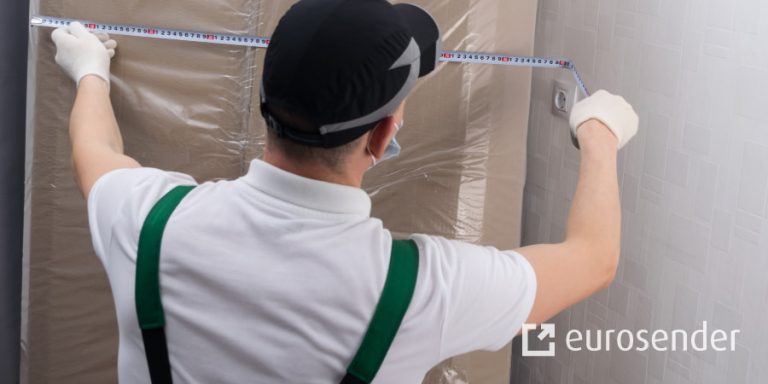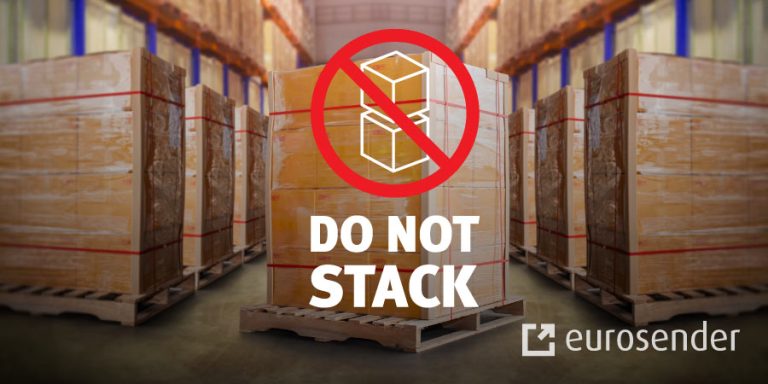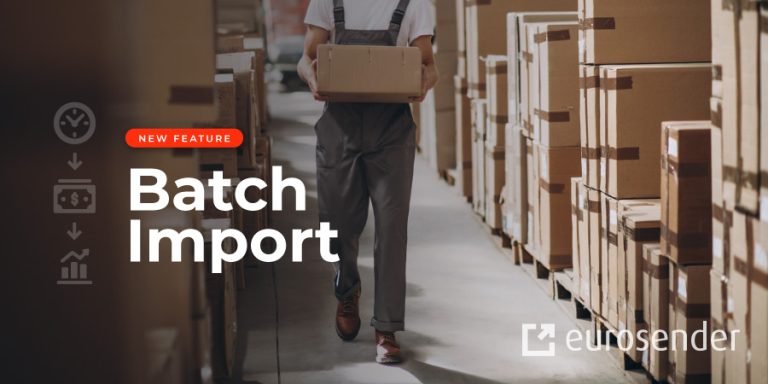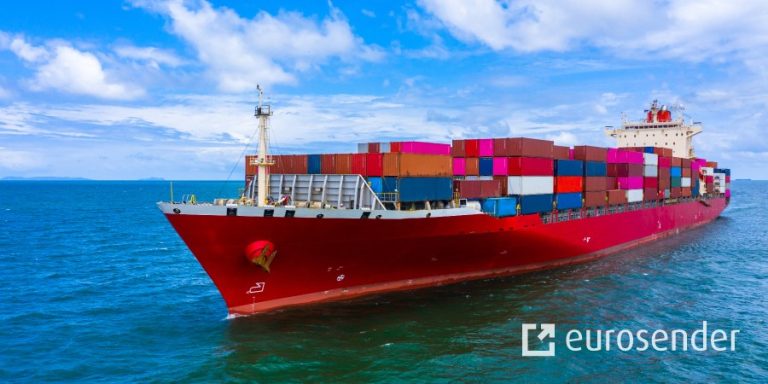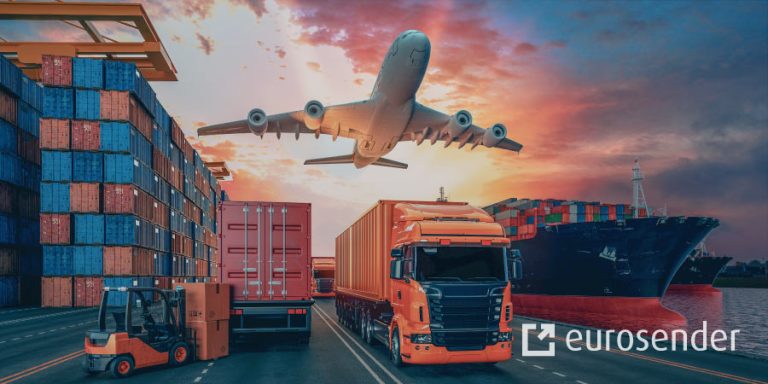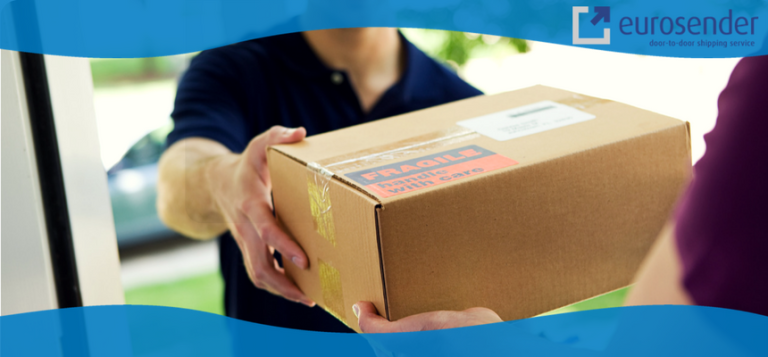Foreign Importer of Record | EU | Services and Responsibilities
TL;DR
- The importer of record (IOR) manages customs and ownership of imported goods in the EU.
- IORs must have an EORI number from any EU member state for customs clearance.
- Responsibilities include obtaining permits, completing customs declarations, and paying duties.
- The shipper can act as the IOR, but the consignee receiving goods is typically not the same.
Create an account for free!
The importer of record (IOR) is responsible for the goods that are brought in a specific country, from customs to temporary ownership. In some cases, individuals can act as IOR themselves, and in other situations, they must reach a company or entity offering such services.
There are some requirements to be a foreign importer of record in the EU and reclaim the VAT you paid in the EU country.
The main requirement is that the company acting as an IOR must have obtained an EORI number by custom authorities from any EU member state. Once the foreign company has acquired the EORI number, they can clear the goods in the country of import.
You can also do the customs clearance procedures as a private individual from outside of the EU as long as you have obtained an EORI number from any EU member state.
We recommend you to read all you need to know about customs procedures before shipping, as the whole process may be long and complicated if the required documentation is missing.
Please keep in mind that now that the UK is no longer a member state of the EU, customs and duties apply to goods travelling to the EU from the UK, and vice versa. You may also want to read the regulations about sellers sending goods from the UK to Europe after Brexit before reaching for a foreign importer of record services.
What services do foreign importers of record offer?
Now that we understand what it takes to become a foreign importer of record, let us look at what responsibilities these entities have:
- Obtaining the necessary licenses and permits;
- Completing the customs clearance declarations;
- Paying customs duties and taxes;
- Temporarily owning the goods, if necessary.
Are you looking for an importer of record for inventory in Amazon fulfilment centres? Click here to learn all about Amazon FBA!
Can the shipper be the IOR?
The shipper from any non-EU country can be indeed seen as the foreign importer of record in the EU. For a better understanding of the process, we will give you a brief example.
Imagine a company selling items from the UK to a German company for further processing. The shipper (exporter) is the UK based company, that would need to bear the applicable import duties and taxes in Germany. As mentioned earlier in the article, the foreign company or private individual would need an EORI number to reclaim the VAT.
Providing you with logistics solutions is what we do!
On our platform, we offer you various delivery solutions for businesses with multiple benefits. Register on our platform and request deferred payment, or payment with user credits and receive up to 10% discount on many orders!
Is the consignee the same as a foreign importer of record in the EU?
Importer of record vs consignee are often used interchangeably, but it is not entirely correct. This is often confusing for many as the company name acting as the shipper (exporter) should also be in the consignee details. The exporting company is acting as the IOR, which is why we see these details in the consignee field. The only case where both the ultimate consignee and importer of record are the same is when the company is importing its own goods for internal usage.
Otherwise, the consignee is the company receiving the goods after the customs clearance processes.
Want to know more?
Check our articles that explore different topics within the logistics industry.
Create an account for free!
About the author
